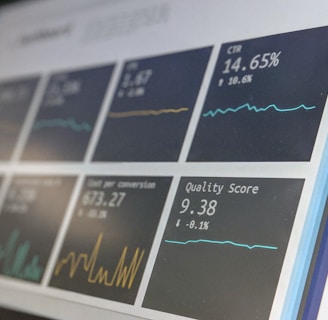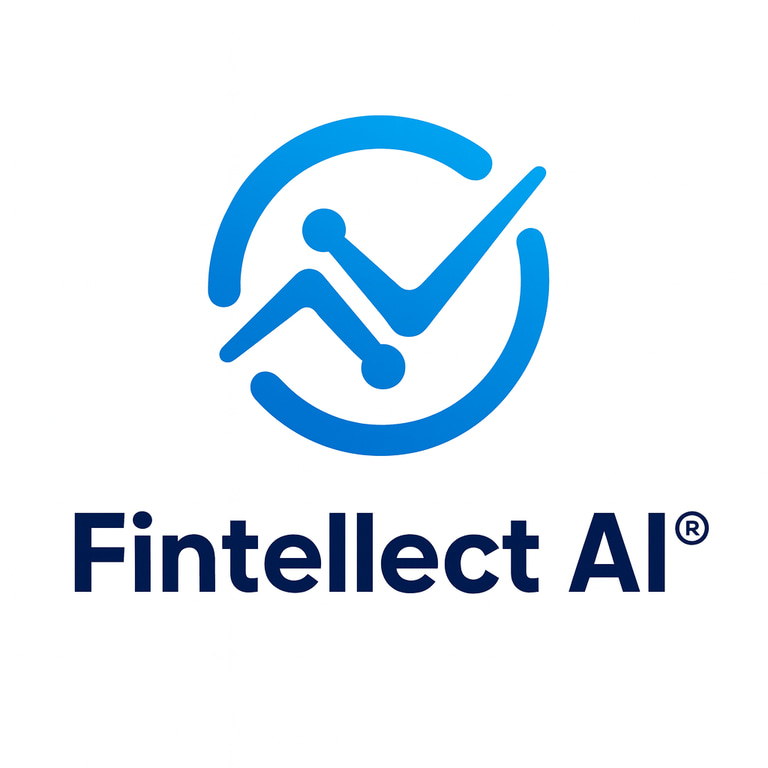Artificial Intelligence in Credit Analysis
Zhivka Nedyalkova
11/12/20243 min read


Artificial Intelligence in Credit Analysis: What It Is and How It Is Changing Modern Finance
How is AI transforming creditworthiness assessment and supporting the financial industry?
In the digital age, artificial intelligence (AI) is taking an increasingly central role in credit analysis. AI in credit analysis involves the use of machine learning and complex algorithms to process vast amounts of data with the goal of assessing borrowers' creditworthiness. Its aim is to improve the accuracy and speed of credit scoring while simultaneously reducing risk and expanding access to financial services.
Trends in the development of this field include the integration of alternative data sources such as social media, online behavior, and even mobile device data. Additionally, the development of explainable AI models aims to increase transparency and trust in automated decisions, while the use of predictive analytics allows for more precise forecasting of credit risk and adaptation to changing market conditions.
These innovations support modern finance by enabling financial institutions to make more informed decisions, optimize their processes, and offer more personalized services to clients. Ultimately, AI in credit analysis not only improves efficiency but also contributes to a fairer and more inclusive financial system.
Machine Learning and ZestFinance
First, let's consider ZestFinance—a company that uses machine learning to analyze thousands of variables when assessing credit risk. Their business model is based on the idea that "all data is credit data." They integrate non-traditional information sources, such as mobile phone bill payment behavior or online shopping habits. This allows lenders to provide loans to clients with limited or no credit history while effectively managing risk.
Lenddo and Social Credit Scoring
In emerging markets where traditional credit information is scarce, Lenddo is a pioneer in using alternative data to assess creditworthiness. Their business model focuses on analyzing social media, mobile data, and other digital footprints. Lenddo uses AI to create a social credit score that allows people without a credit history to access financial services. This not only expands the market reach of financial institutions but also supports the financial inclusion of millions of people.
Upstart and the Integration of Education and Work Experience
Upstart, founded by former Google employees, offers an innovative approach to credit analysis. Their model includes factors such as education, field of study, academic achievements, and work experience. Through machine learning, Upstart manages to predict credit risk more accurately than traditional FICO models. Their business model is based on offering lower interest rates to high-potential borrowers, which attracts quality clients and reduces default rates.
Kabbage and Real-Time Business Lending
Kabbage is a company that provides business loans, using AI for rapid assessment of the creditworthiness of small and medium-sized enterprises. Their model analyzes data from online sales, bank transactions, and even social media reviews. This allows Kabbage to approve loans within minutes, which is critical for businesses needing quick access to capital. Their business model is based on charging fees and interest rates that are competitive with traditional banks but with a much faster approval process.
Avant and Personalized Credit Solutions
Avant uses AI to provide personalized consumer loans. Their algorithm evaluates over 10,000 variables for each borrower, allowing them to offer individualized terms and interest rates. Avant focuses on the middle credit market, providing opportunities for refinancing and debt consolidation. Their business model includes service fees and interest, aiming to minimize risk through precise data analysis.
Ethical Issues and Regulations
Despite the significant advantages of AI, there are ethical and regulatory issues that need to be addressed. Potential discrimination, lack of transparency in algorithms, and data privacy are key challenges. Companies like ZestFinance are working on "explainable AI," which allows for greater transparency in the decision-making process.
Impact on the Industry and Consumers
The use of AI in credit analysis is changing the landscape of financial services. For lending institutions, this means more accurate risk assessment, reduction in loan defaults by borrowers, and expansion of the customer base. For borrowers, especially those with limited access to traditional financial services, AI opens doors to new financing opportunities. Artificial intelligence and machine learning are revolutionizing credit analysis, providing more accurate, faster, and fairer credit decisions. Companies that successfully integrate these technologies into their business models not only improve their operations but also contribute to financial inclusion and economic growth. The future of credit analysis is inextricably linked with AI, and the industry must continue to adapt and innovate while addressing ethical and regulatory challenges.
Contact us:
© 2026. All rights reserved.
